 by Wgrenadier Thu Jun 19, 2014 11:22 am
by Wgrenadier Thu Jun 19, 2014 11:22 am
Hi Ed,
That is a good point Ed! I haven’t seen any official documentation or period photos to support my hypothesis. However, the evidence does point an early Canadian modification, rather than a postwar European modification. The evidence I am going off of is listed below (strongest to weakest).
1) Both snaps are of early war style Canadian manufacture, which were not in use after 1942. Even South Africa stopped receiving pebble grained Canadian snaps during the war for their webbing, so I think it is unlikely that postwar European countries would have access to them.
2) There was a need for larger holsters in Canada from 1940-1942 to accommodate the .455 revolver, a fact supported by the introduction of larger frame holsters in 1942.
3) One of the converted holsters appeared on a matching set of 1939-1940 dated Canadian officers webbing. (see earlier post for pictures)
4) All three examples I have seen have been on the US/Canadian market, with none seen in overseas listings.
Of course I have no actual proof unless I come across photographic evidence, so the search continues!

-Mike
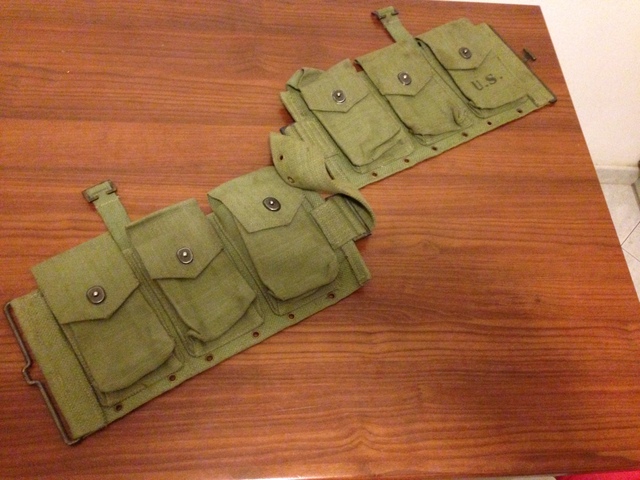

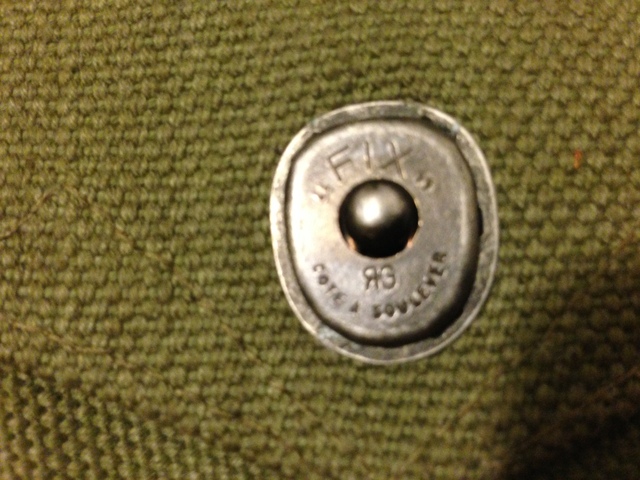
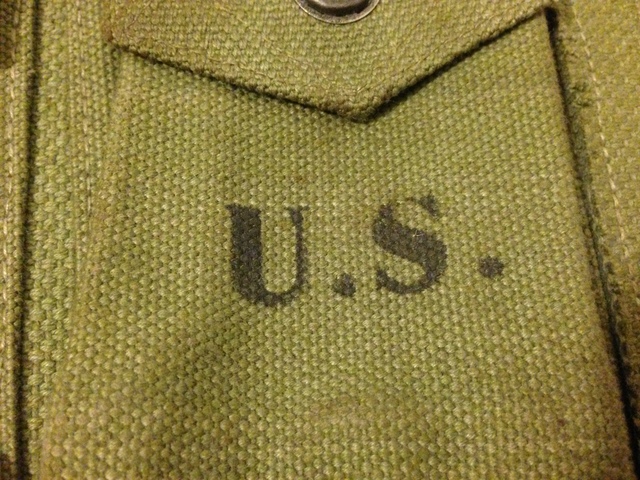
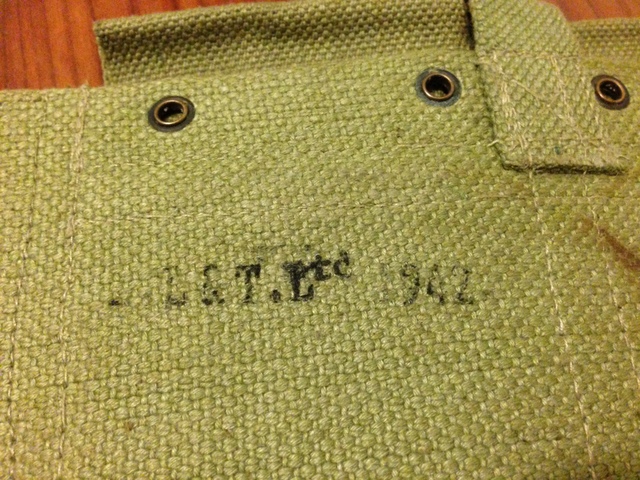
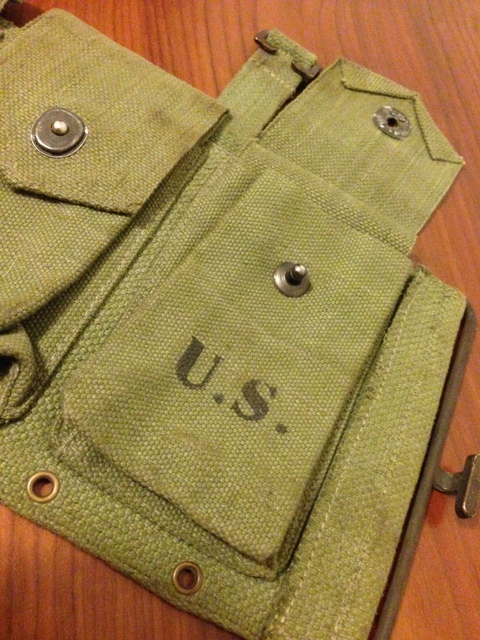






 ZL&T Manufactured US Style Web
ZL&T Manufactured US Style Web
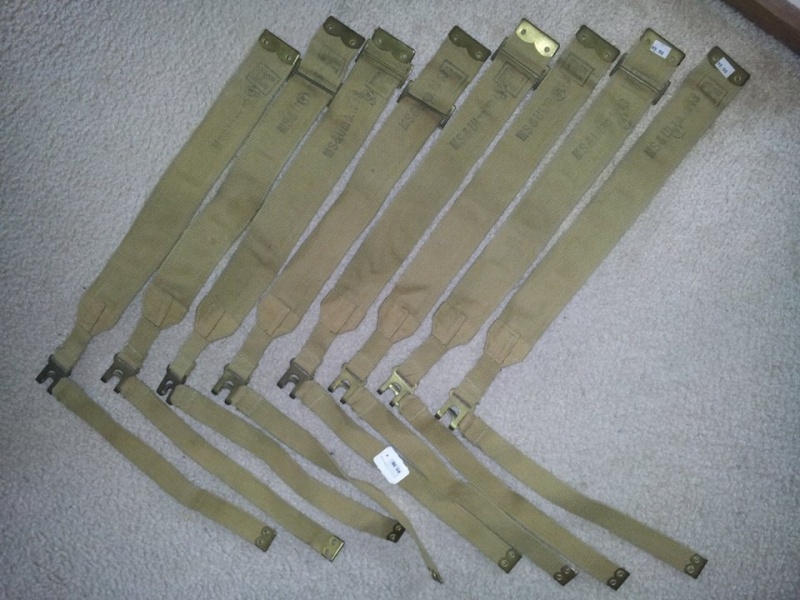
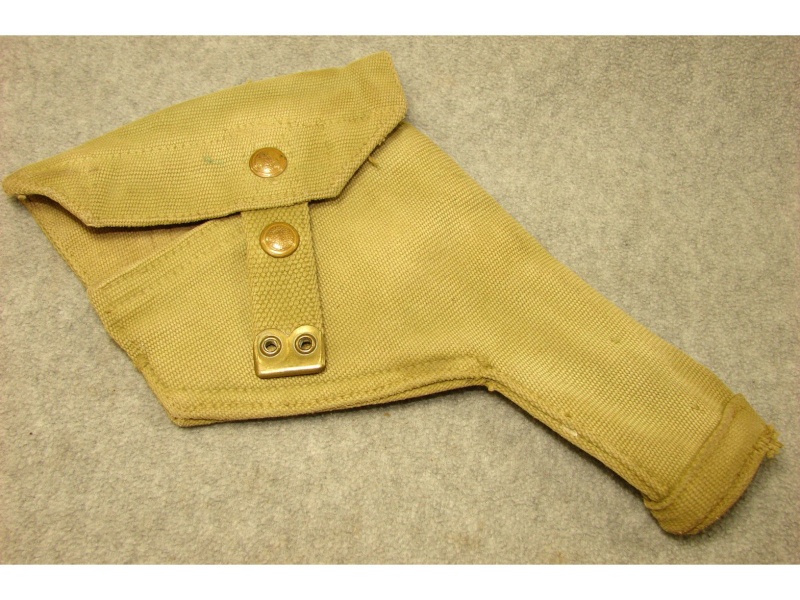

 Modified 1937 Pattern Web
Modified 1937 Pattern Web Your Evidence
Your Evidence

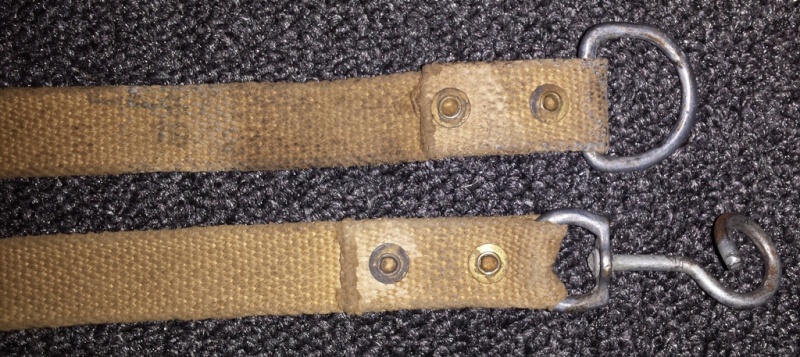

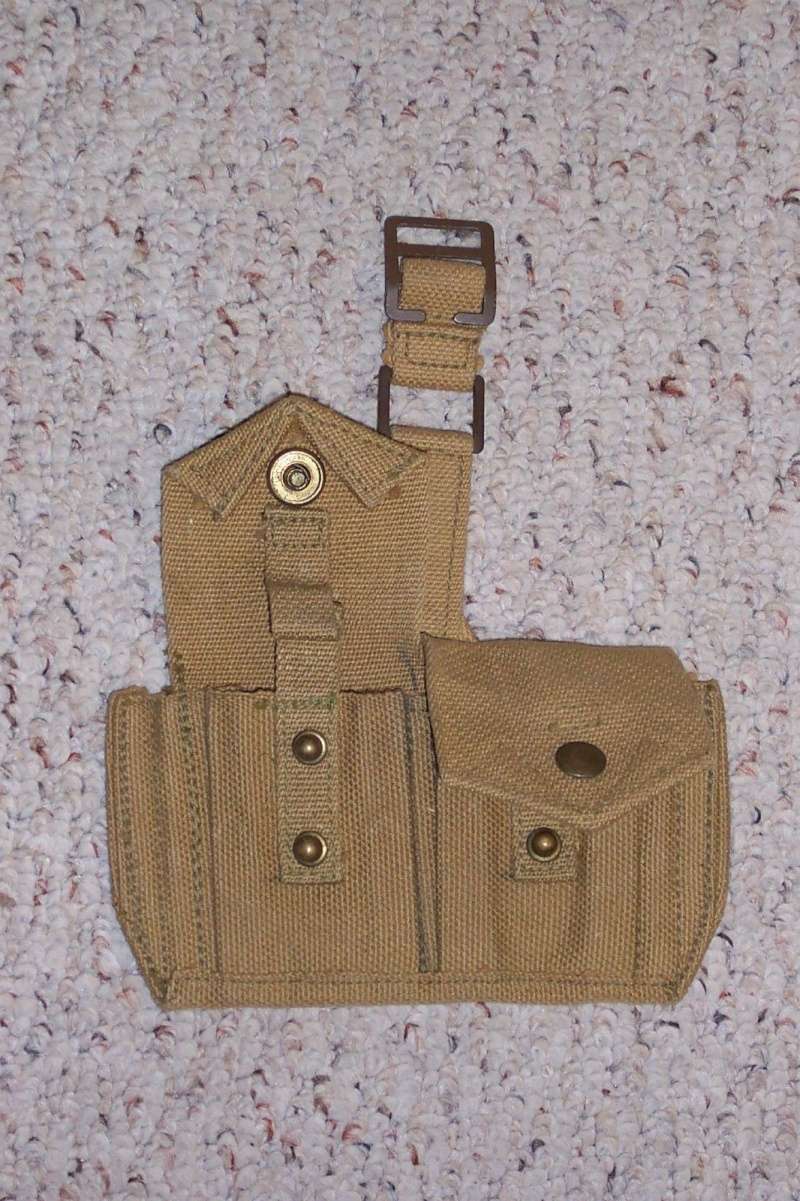
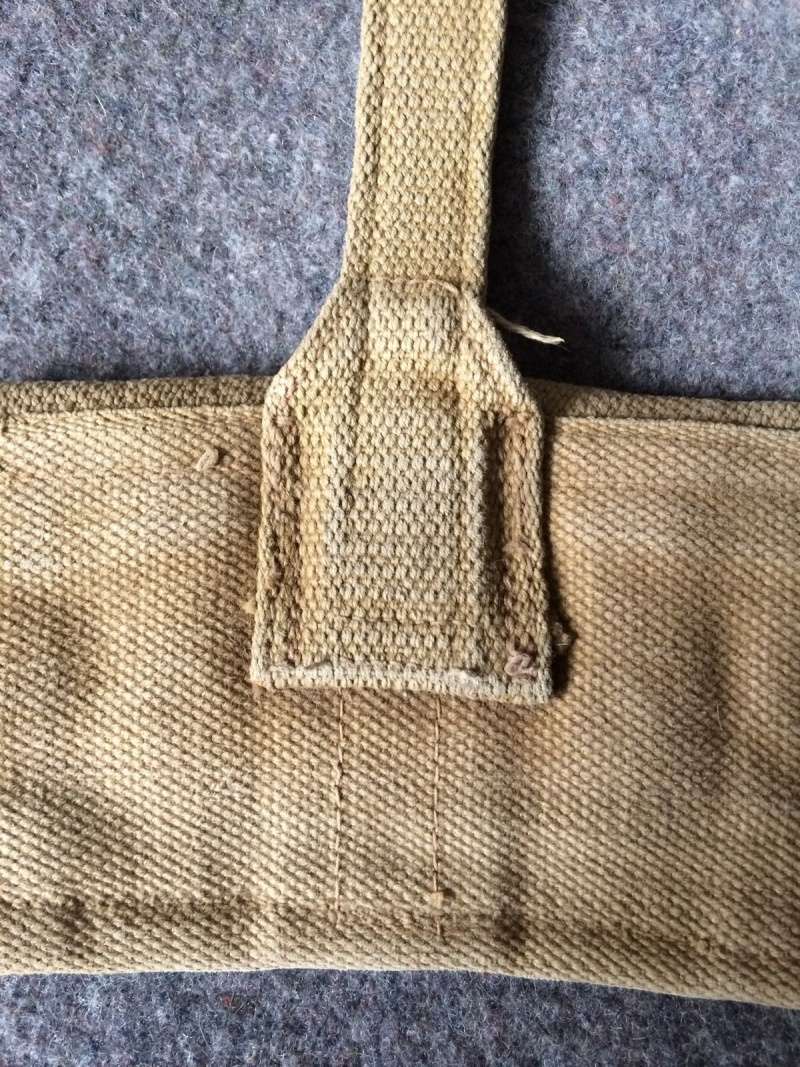
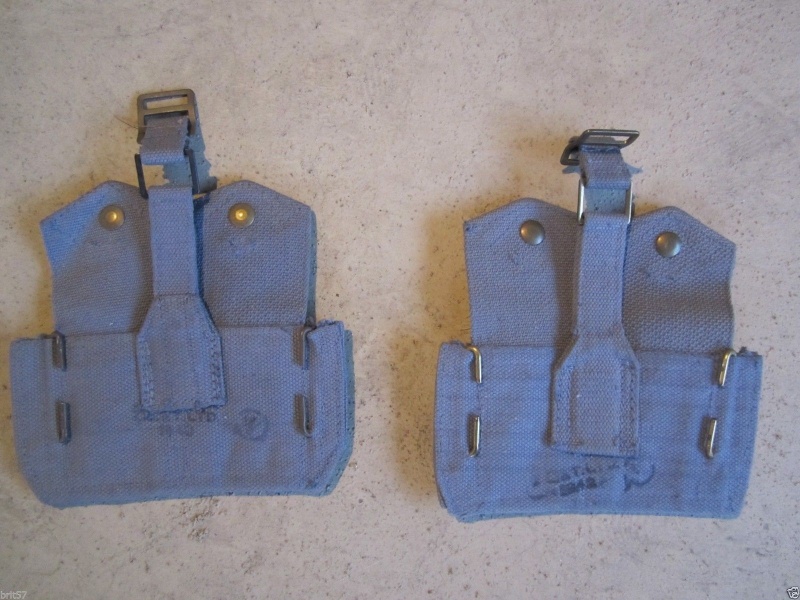



 1937 Pattern Waistbelts
1937 Pattern Waistbelts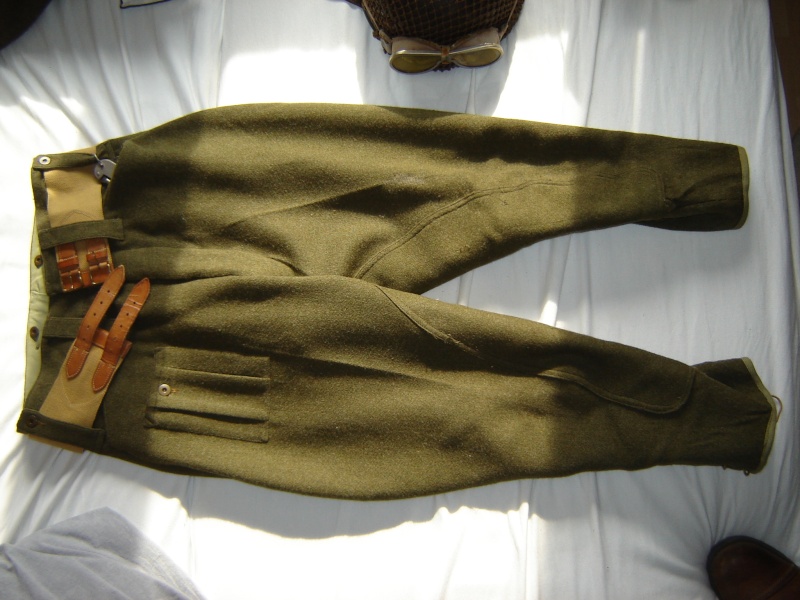
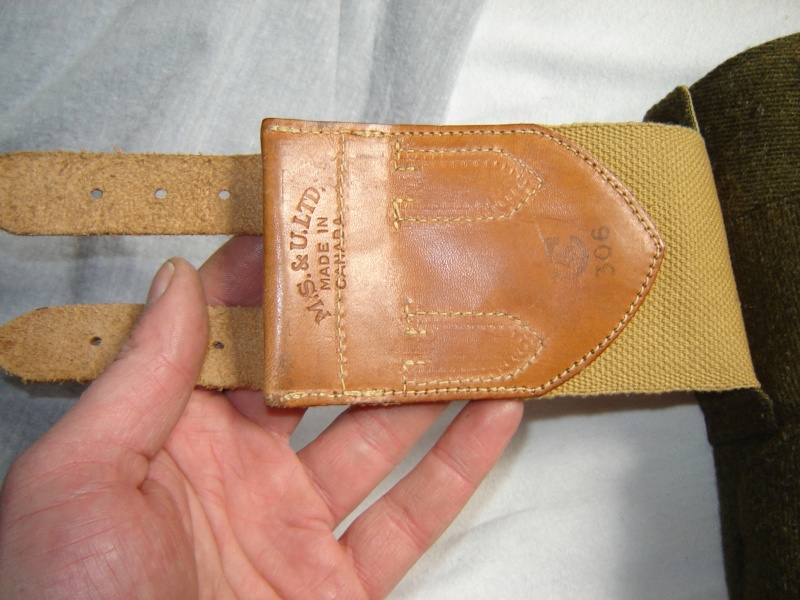
 BAR Belt
BAR Belt